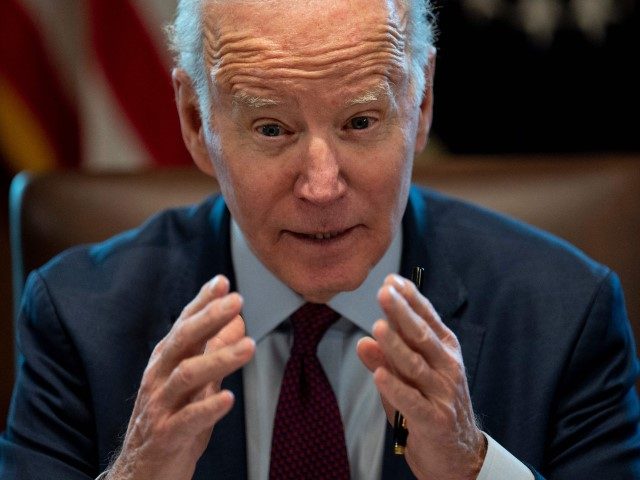American households slammed their wallets shut in January.
Total borrowing by households increased $6.8 billion from the prior month after a revised $22.4 billion gain in December, the Federal Reserve said Monday. Compared with a year ago, consumer credit is up 1.9 percent.
This was a far slower expansion than the $21.5 billion forecast by economists surveyed by Econoday.
Revolving credit, which is primarily comprised of credit cards, declined $218.7 million, the first drop since April. The more stable category of non-revolving credit, primarily auto and student loans, rose $7.1 billion.
Consumer credit is closely watched by economists because expansions of consumer credit tend to lead to expansions of overall economic activity. That’s because credit use rises when consumers are optimistic about their economic prospects.
The figures for January are all the more striking because they are not adjusted for inflation. Prices in January were up 7.5 percent compared with a year ago, which means real consumer credit fell significantly from a year ago. Compared with December, consumer prices rose 0.6 percent.
Consumer credit may have been held back by the omicron wave pushing coronavirus cases to a record high. Rising prices and expectations for even higher inflation may also have some households engaging in protective savings. Anticipation of higher interest rates may also be making some consumers reluctant to borrow.

COMMENTS
Please let us know if you're having issues with commenting.